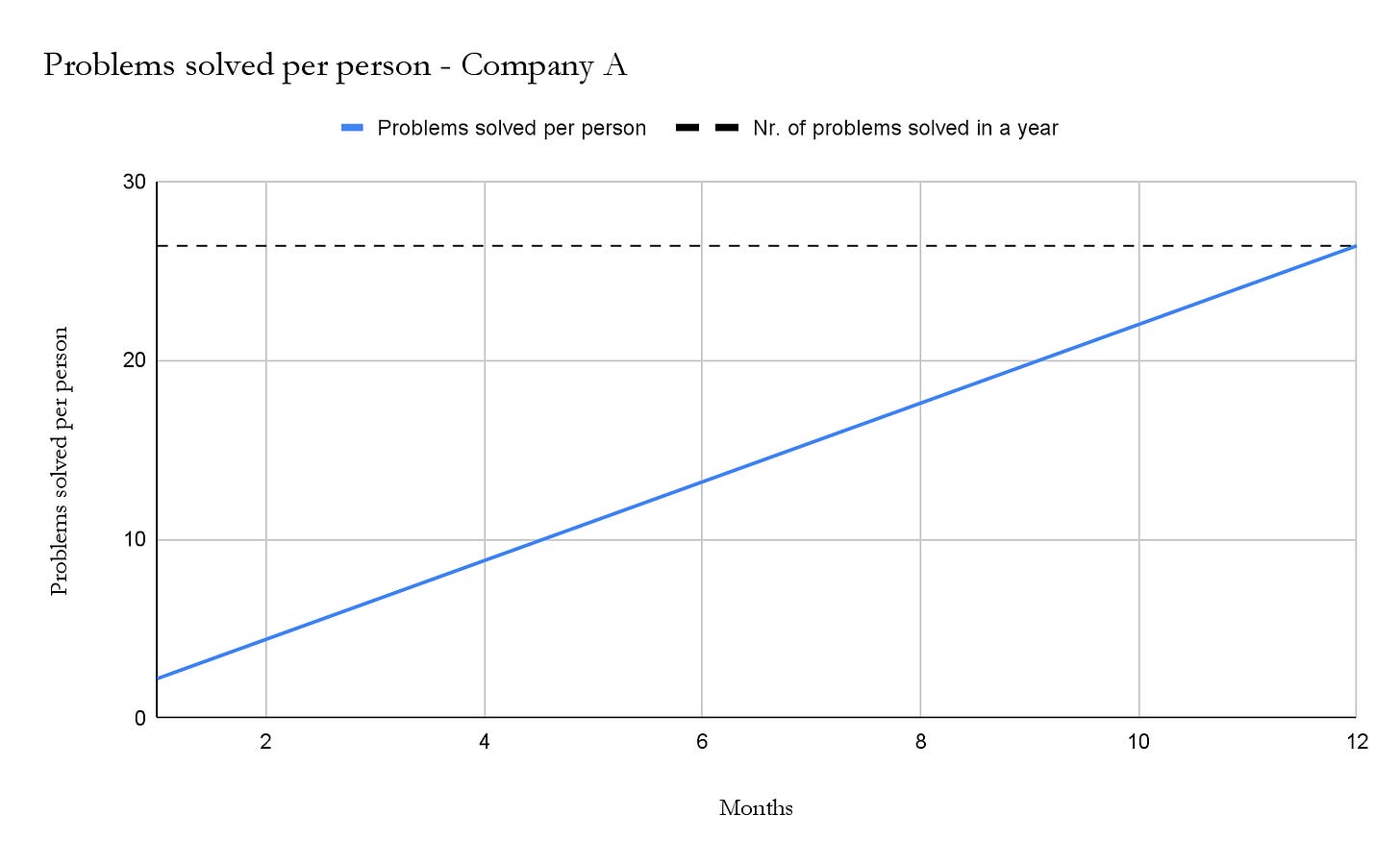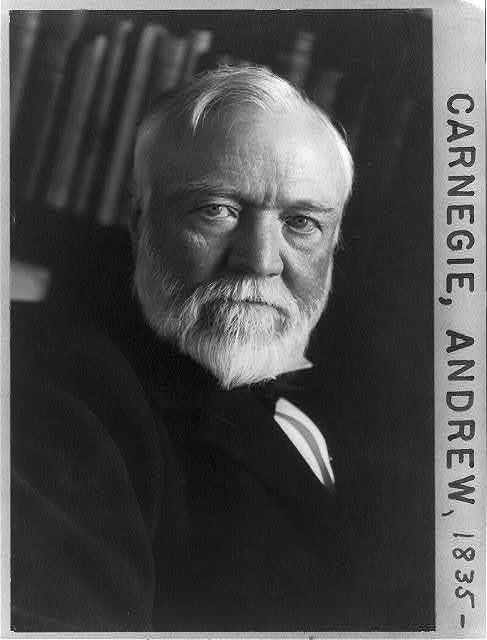The 5-Minute Expert Call - How to fill knowledge gaps and drive management decision making with rapid efficiency
Introduction to the 5-minute expert call
Investors spend 1000s of dollars on expert calls as diligence tool. Outside the investment domain, this tool is widely untapped and can supercharge managerial decision making and operational success. I learned about the 5-minute expert call in when I was in my first executive role at 22 years old, running a 400-people company under Rocket Internet. With the help of this tool, I was able to steer the company the right direction and make good decisions despite my lack of experience.
I’ve therefore come to believe that 5 minute expert call can be a tremendously helpful tool for any novel or even experienced managers. In its essence, it is very simple: Calling a qualified expert who can provide instant advice on how best to navigate a complex situation and plug knowledge gaps. This way, problem-solving and decision-making becomes more effective, benefitting from the experience of others.
The key insight is: Almost everyone is willing to give you 5 minutes of their time, and if you call the right person and ask the right questions, 5 minutes is enough to get you up to speed. Today, I believe that using the ‘5-minute expert call’ is a game-changer for any leader. Implementing this hack will make you 10x more effective instantly.
One of your biggest assets are the skills and knowledge of the people around you. Enabling a ‘quick access route’ to that goldmine of expertise will compound your collective intelligence, enhancing your problem-solving and decision-making skills and helping you lead a more successful life of collaboration and community.
I hope this article will help you benefit from the 5-minute expert call as much as I have.
"Coming together is a beginning, staying together is progress, and working together is success." - Henry Ford
Unlocking the 5-minute Expert Call
The network of people around you is the strongest asset at your disposal.
Porter Gale, author of “Your Network Is Your Net Worth” (2013), says: “I believe that your social capital, or your ability to build a network of authentic personal and professional relationships, not your financial capital, is the most important asset in your portfolio.”
Whether you realize it or not, each person within your network holds a unique set of skills, experiences, and knowledge.
Despite being a goldmine of wisdom, this resource often remains untapped. Why? Because we either underestimate the value these individuals can offer or overestimate the time and effort it would take to extract that value.
The 5-minute expert call is about realizing that someone with the right knowledge can give you an answer immediately, which can help you solve problems 10x faster.
The essence of the 5-minute expert call isn’t about endlessly expanding your network to include new experts. This article is not a lesson in networking.
Instead, it's about being skilful in identifying who among the people you already know can offer the insights you need. It’s not about casting a wider net, but about knowing exactly where to fish in the pond you already have.
I’ve come to see the 5-minute expert call as the most efficient and effective way to leverage your networks’ potential. There are no long explanations or tedious consultations involved, but simple and succinct guidance. There are no long in-person meetings with a big group of thinkers but instead a short, virtual call between two people. This way, most people will easily agree to help out, increasing the likelihood that calls will happen.
The Benefits of the 5-minute Expert Call
What are the benefits of having a network of experts and enacting the 5-minute expert call? There are plenty, but mainly, it leads to exponential professional and personal growth. Let me show you with a personal example.
I started off working as a manager at Rocket Internet after I graduated from WHU (a leading business school in Germany). Rocket Internet incubates, builds, develops operationally and strategically invests in internet and technology companies worldwide. The company consisted of ~30,000 people.
Chances are, with such a big group, there is always someone who had previously solved the problems I had faced. So, we were advised not to reinvent the problem but instead find the right person to guide us in solving our problems. We could often find someone within the organization of 30,000 people who had solved our problem before, give them a 5-minute call, and get insight into how to deal with our current situation.
This way, the entire team could solve problems much faster. A faster rate of problem solving compounds to faster growth. Let me show you.
In our first scenario, we have a group of about 100 people working in a business. They aren’t encouraged to collaborate constantly, but instead each is meant to work in their respective areas following their assigned tasks. Whenever anyone faces a problem they don’t understand, they have to spend about 1 hour learning the topic, consulting others around them (who might not understand the problem either), and finally finding a solution after another hour. And this is probably being optimistic. So, in a group of 100 people without the 5-minute expert call, solutions are found in 2 hours.
Given the slow problem-solving time (2 hours), about 10% of the group solves a problem every day. After a year, the amount of problems solved per person is: 26.4.
Our second example is Company B. Here there’s a group of 30,000 people, the norm is the 5-minute expert call with anyone in the company, which implies people find solutions to their problems in about 5 minutes. Note that the large group enables that solutions to any problems can be found in such a short time.
Now, because problems are solved faster (5 minutes), suppose 50% of the group solves a problem every day. After a year, the amount of problems solved per person is: 132.
Problem-solving compounds growth. The more problems you solve, the more you grow.
Beyond its application and clear reward in the business context, implementing the 5-minute expert call in a network of experts has various benefits in any context. This technique can supercharge your mind.
Your circle of competence, and your field of expertise, is no longer restricted to the set of skills and knowledge you have which you can immediately draw from. Now, your circle of competence becomes the set of all skills and knowledge that your network of experts possess, becoming an unstoppable force of growth and success. As you appeal to your network of experts, they not only help with immediate problems, but they teach you how to solve them in the future, becoming generally smarter and wiser. This, in turn, strengthens the group’s collective brain.
A network of experts immediately available to you can enhance your problem-solving and decision-making skills.
When facing complex challenges or critical decisions, the ability to consult experts in a quick and efficient manner is invaluable. Through 5-minute expert calls, you gain access to real-time guidance and advice tailored to your specific situation. This instant access to expert knowledge allows you to make more informed decisions, avoid potential pitfalls, and devise effective solutions faster and with greater confidence.
Experts appeal to experts
Identifying the limits of your knowledge and skills is crucial to understand when it’s time to appeal to experts.
This section explores the stories of incredibly successful people who, although experts in their field, have managed to recognize their shortcomings and tap onto the knowledge around them to upgrade their performance and results. They acknowledge their intellectual limitations and realize there is always someone who knows more than them about something who could provide invaluable insight.
“Knowing what you don’t know is more useful than being brilliant.” - Charlie Munger
Despite Buffett recommending people make decisions that lay within their circle of competence, i.e., to the set of skills they have, it would be a mistake to think that Buffett doesn't also lean on the expertise of others. In fact, he has built an impressive network of experts who aid him in his decision-making process. This is in part what led to his immense success.
Elon Musk is known for his ability to learn rapidly from a wide range of different fields. He frequently consults with experts across various industries, absorbs their knowledge, and applies it to his ventures. Musk's ability to build expertise in multiple fields such as rocket science, electric vehicle manufacturing, solar energy, and tunnel digging (to name a few) is testament to his expert leveraging strategy.
This approach is clearly evident when you examine Musk’s trajectory with SpaceX. Musk started without a formal background in rocket science. Instead of getting boxed in by what he didn't know, he reached out to professionals already entrenched in the field, rapidly allowing him to build one of the most successful companies of our times.
Source: El Cronista
Andrew Carnagie (1835-1919) is another example of an expert who leverages the skills of other experts. The business magnate and philanthropist attributed much of his success to his mastermind group, which he referred to as his "think tank." Carnegie regularly met with a group of trusted advisors who provided feedback, helped him make decisions, and stimulated innovative thinking.
For Carnegie, the think tank served as a key decision-making tool. For example, it was his 'network of experts' that guided him through complex negotiations to establish the United States Steel Corporation. Additionally, this group fostered innovative thinking and provided critical feedback, shaping Carnegie's groundbreaking philanthropic pursuits. In short, Carnegie's 'network of experts' played a pivotal role in both his business successes and philanthropic efforts.
Source: LOC’s Public Domain Archive
Finally and perhaps unsurprisingly, Bill Gates is known for having an extensive network of consultants and experts that he turns to for advice. This network encompasses experts from technology, science, education, health, and global development sectors, among others. His approach to information gathering and decision-making involves consulting these experts, absorbing their insights, and then applying this knowledge in his pursuits.
When Microsoft was building the Windows operating system, Gates tapped into his network of experts for insights on software development, user experience, and market trends. Their collective knowledge helped anticipate challenges and led to a product that revolutionized personal computing.
Beyond technology, Gates appeals to his expert network in his philanthropic pursuits with the Bill & Melinda Gates Foundation. He frequently consults with global health, development, and climate change experts to strategize impactful initiatives, demonstrating how a network of experts can drive innovation across different fields.
Source: Wikimedia Commons
Outlook
"Talent wins games, but teamwork and intelligence win championships." - Michael Jordan
The idea that you should stick to your field of expertise when deciding on your professional decisions ignores the power of collective work. Implementing the 5-minute expert calls allows for immediacy and effectiveness when it comes to better problem solving. It helps you become 10x smarter instantly.
Instead of spending hours learning how to fix a problem, cultivate a network of people with varying specialties you can consult about the best way to proceed.
This isn’t just going to increase the efficiency and success of your business operations, as I have shown with the analysis of Company A and Company B. This is going to make your life exponentially better in every aspect. Whether you are facing a work-related problem, or you have to make an important decision, or you simply want insights from an expert out of sheer curiosity, implementing the 5-minute expert call will broaden your mind.
I encourage you to tap on the potential of your network by implementing the 5-minute expert call today, and see how you, and those you help out in turn, become a powerful force of growth.









